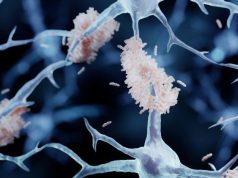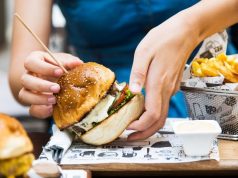Metabolic responses up for lower calorie beverages, and when sweetness is proportional to caloric load
FRIDAY, Aug. 11, 2017 (HealthDay News) — There is a non-linear association between caloric load and reward, according to a study published online Aug. 10 in Current Biology.
Maria Geraldine Veldhuizen, Ph.D., from the John B. Pierce Laboratory in New Haven. Conn., and colleagues examined the relative roles of caloric load and perceived sweetness in driving metabolic, perceptual, and brain responses to sugared beverages. The authors manipulated caloric load with the tasteless carbohydrate maltodextrin, and manipulated sweetness levels using the non-nutritive sweetener sucralose.
The researchers demonstrated a non-linear association between caloric load, metabolic response, and reinforcement potency by formulating beverages with different amounts of maltodextrin + sucralose. The association was partly driven by the extent to which sweetness is proportional to caloric load. Compared with higher calorie beverages, lower calorie beverages produced greater metabolic responses and conditioned greater brain responses. Furthermore, greater metabolic responses were observed when sweetness was proportional to caloric load.
“These results demonstrate a non-linear association between caloric load and reward and describe an unanticipated role for sweet taste in regulating carbohydrate metabolism, revealing a novel mechanism by which sugar-sweetened beverages influence physiological responses to carbohydrate ingestion,” the authors write.
Abstract/Full Text (subscription or payment may be required)
Copyright © 2017 HealthDay. All rights reserved.








